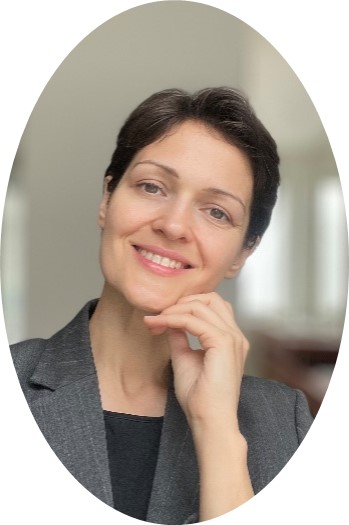Decoding excellence: unleashing IP Management insights through industry case studies
The increased convergence of technology and legal intricacies poses both challenges and opportunities for contemporary businesses. To this end, an ongoing cooperation project between the CEIPI IP Business Academy and the I3PM – International Institute for IP Management is focused on creating professional industry case studies on quality in IP management.
At the heart of this ongoing case study project is the exploration, analysis, and optimization of ISO 56005/DIN 77006 implementation maturity levels within companies.
The objective of the project is two-fold: first, to discern the criteria guiding the appropriate extent of implementation based on a company’s IP management maturity, business model, and competitive strategy, and second, to contribute valuable insights to the broader field of IP management and the practical application of these standards for enhancing IP management strategies.
The first case study, Connect One, within the scope of this project has already been successfully completed and presented on 30.11.2023 at the IP strategy and management forum (last of 2023’s series of the HTB forums). During their presentation, Thomas Nieraad and Carsten Kehrein explained how the company develops digital solutions for the food and beverage industry, amongst others, that unambiguously connect consumers and businesses through consumer products in real time, and protects it with IP.
The subsequent case studies, supervised by Maria Boicova-Wynants as part of her PhD project, will exemplify the real-life application of effective IP management within a variety of business landscapes, forming the cornerstone of research that dissects the impact of digitalization on IP management practices. While compliance with standards like ISO 56005/DIN 77006 is a foundational aspect, this case study series goes further by examining best practices and legal implications. It illuminates how companies can align their IP management strategies with the digital landscape, offering practical insights that foster innovation and fortify a sustainable competitive advantage.
You can learn more about why IP management standards are so important for companies in the following article and instructional video:
In the sphere of intellectual property, the generation of Intellectual Property Rights should seamlessly align with a meticulously crafted IP strategy, acting as a predetermined plan intricately woven into a company’s broader business strategy. The primary goal is to leverage IP to attain specific business objectives, ensuring a close correlation between the two. This strategic alignment proves pivotal for companies seeking to proactively develop their IP portfolio, secure Freedom to Operate, and manage it in a legally compliant, goal-oriented, and consistent manner.
Set against the backdrop of rapid technological evolution, this case study series represents a deliberate and systematic exploration of the intricate relationship between digitalization, legal frameworks, and IP management.
Beyond their academic significance, this case study series assumes a crucial role in the ongoing joint programs between the European Patent Office (EPO), the IP Business Academy, and I3PM. Furthermore, they contribute to the educational tapestry of the University diploma course in IP management with modules for SME/start-ups, digital technologies, corporate sustainability and more as well as the MIPLM (Master for Intellectual Property Law and Management (MIPLM)) program at CEIPI.
About the blogpost author:
 Maria Boicova-Wynants is a partner with Starks, an IP and International trade law firm in Ghent, Belgium, and heads her own IP strategy consulting practice. She holds LL.B. from the University of Latvia, MBA from Vlerick Business School and LL.M. (MIPLM) from CEIPI. Maria is a Latvian Patent and Trademark Attorney, European Trademark and Design Attorney, as well as European Mediator in civil and commercial cross-border disputes for almost two decades. Her main areas of expertise are IP strategy, contracts, and alternative dispute resolution. She is also a mediator and art law expert on the list of the Court of Arbitration for Art (the Hague), and the Mediator on the WIPO ADR Centre’s List of neutrals.
Maria Boicova-Wynants is a partner with Starks, an IP and International trade law firm in Ghent, Belgium, and heads her own IP strategy consulting practice. She holds LL.B. from the University of Latvia, MBA from Vlerick Business School and LL.M. (MIPLM) from CEIPI. Maria is a Latvian Patent and Trademark Attorney, European Trademark and Design Attorney, as well as European Mediator in civil and commercial cross-border disputes for almost two decades. Her main areas of expertise are IP strategy, contracts, and alternative dispute resolution. She is also a mediator and art law expert on the list of the Court of Arbitration for Art (the Hague), and the Mediator on the WIPO ADR Centre’s List of neutrals.



